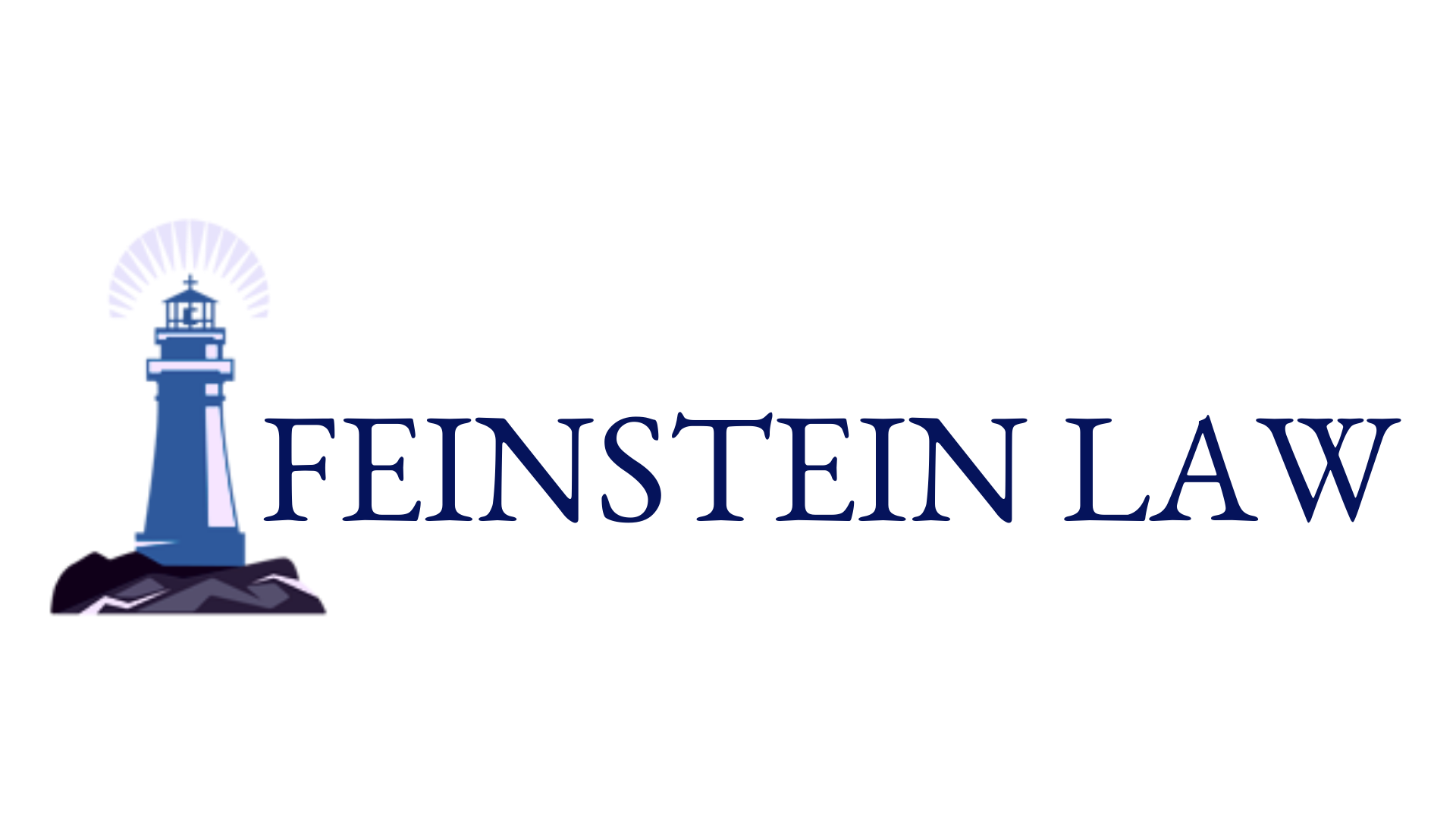 Just a few days ago, a client told us his Board gave him two months to “get this company on the ESG train, but I don’t even know where to buy a ticket!” It’s a familiar question, and every week or two, a client or prospect asks us something about ESG.
Just a few days ago, a client told us his Board gave him two months to “get this company on the ESG train, but I don’t even know where to buy a ticket!” It’s a familiar question, and every week or two, a client or prospect asks us something about ESG.
The concept is certainly one of the hottest buzzwords today among a wide range of investment and corporate stakeholders. These could include, amongst others; government agencies sending out RFPs; international NGOs ranking and auditing ESG companies; carbon sequestration startups seeking massive valuations; M&A brokers pitching private equity firms on billion-dollar ESG acquisitions; and mom-and-pop investors trying to do a little good in the world as they grow their 401(k).
If you’re a CEO or board member of a small cap or private company with bigger designs, where do you start? What is ESG and how do you become an ESG company?
The Meaning of ESG
ESG is an acronym for the three areas in which criteria have been developed by a variety of stakeholders to indicate the corporate responsibility level obtained by corporate entities and other bodies. These standards have been deemed an essential tool for ethically conscientious investors to screen potential investments.
Environmental criteria consider how a company performs as a steward of nature. Social criteria indicate how the company manages relationships with employees, suppliers, customers, and the communities in which it operates. Governance criteria helps to evaluate the ethical nature and responsibility indicated through the company’s structure, leadership, compensation, audit compliance, internal controls, and shareholder rights.
Even the SEC is jumping on the train. They wrote earlier this year: “As investor demand for climate and other [ESG] information soars, the SEC is responding with an all-agency approach.” Here are some of the Commission’s recent ESG actions.
Environmental standards measure a company’s energy use and efficiency, waste and pollution generation, disposal and mitigation, resource conservation, land stewardship, and treatment of animals. These criteria can also be used in evaluating specific environmental risks a company might face and how the company is managing those risks. Here are a few of the questions to think about when developing your company’s environmental policy:
- Has the company implemented an environmental management system to manage environmental matters and has this been externally certified e.g., to ISO 14001 or equivalent standard?
- Is the company fully compliant with all relevant local, state, and national environmental permits/licenses/consents?
- Have there been any regulatory issues/reports of non-compliance/enforcement actions against the company or its officers in the last three years?
- Does the company monitor and report its carbon and other greenhouse gas (GHG) emissions? Are you legally required to do so?
Social standards measure a company’s policies and practices regarding human rights, business ethics, supply chain management, diversity and inclusion, and social impacts resulting from corporate operations. The Social Value of a company explores the impact that corporate buildings and places have on people and communities. As such, Social Value in the built environment is holistic in scope but inherently local in effect. Here are some questions to think about when developing your company’s social policy:
- Does the company have formal processes for undertaking workplace risk assessments, providing communication and training to employees, and conducting employee, customer, and supplier/vender questionnaires and audits?
- Does the company have any involvement in the employment practices its sub-contractors, suppliers, and/or customers? What is done to ensure their fair and ethical treatment of employees?
- Does the company conduct supply-chain social risk assessments involving its procurement, supply chain and logistics departments?
Governance standards measure the distribution of rights and responsibilities among different participants in corporations, including boards of directors, officers, managers, shareholders and other stakeholders, and evaluate the transparencies and ethical choices in the company’s public disclosures. Governance review factors allow investors to screen their investment targets for core elements of good governance: Well-defined, well-disclosed, ethically-sound roles and responsibilities, independence, and compensation of officers and directors, fair and well-communicated distribution of shareholder rights, rigid and meaningful evaluation of corporate performance, including communication and transparency, and a well-defined corporate mission and business plan, and the intent to achieve it – to name a few. Here are some questions to think about when developing your company’s governance policy:
- How is diversity taken into consideration when appointing members of the board and senior management?
- What does the organization currently do to safeguard against illegal and unethical practices?
- Does the board include a discussion or report of ESG practices for the company in any of its meetings?
Developing an ESG Policy
The best policies are developed after consultation with everyone that matters to the company. For a company developing an ESG policy, that means discussions with your employees, vendors, customers, shareholders, and advisors — at a minimum. Consider meeting with local officials and community leaders in the towns and cities in which you operate. Think about who your company interacts with over the course of a typical year and include them in the conversation about what ESG standards they find important, and how to best help the company meet those standards. Keep these communications lines open as your ESG policy matures and grows.
After you’ve collected enough information and created an initial draft policy, meet again with your stakeholders and board for final comments. Make sure the board understands that they have a significant role in approving and overseeing not just the ESG policy implementation, but ongoing ESG audit and disclosure oversight. An ESG is not the newest shiny thing to pad your PPM or throw in an 8-K or marketing document to try to attract some investor attention – it’s a well thought-out statement of action including quantifiable standards, detailed measurement and audit processes, and certification requirements.
ESG Certifications
A number of different bodies provide ESG certifications, most notably ISO. Certification applications require detailed self-analysis of ESG risks, and ongoing certification audits require that certain company staff or outside contractors are certified in auditing specific ESG areas. Below is a table that includes most of the internationally available ESG certifications. Depending on a number of factors, your company may not have access to one or more of these certifications.
|
||||||||||||||||||||||||||||||||
Start Developing Your ESG Policy TODAY
The vast majority of private and public companies need assistance with some portion of the ESG process, whether at the pre-policy (investigation and drafting) stage, the implementation stage, or with monitoring and audit, and Feinstein Law is here to help. Our founder and his partner are ocean sailors and lifelong conservationists, and in their travels around the world, they have learned that conservation, stewardship, and sustainability by corporate citizens are anything but buzzwords: They mean the life and future of our species.
Contact us at +1(619) 990-7491 or via email at attorney@feinsteinlawfirm.com for more information or to discuss your ESG needs.
Not Legal Advice
Feinstein Law, P.C. (“Firm”) makes this general information available for educational purposes only. The information is general in nature and does not constitute legal advice. Furthermore, the use of this information, and the sending or receipt of this information, does not create or constitute an attorney-client relationship between you and the Firm. Therefore, your communication with us regarding this information in any form will not be considered as privileged or confidential.
This information is not intended to be advertising, and Feinstein Law, P.C. will not represent clients based upon viewing this general information article in any jurisdiction where the information fails to comply with all laws and ethical rules of the jurisdiction. This information may only be reproduced in its entirety (without modification) for the individual reader’s personal and/or educational use and must include this notice.

